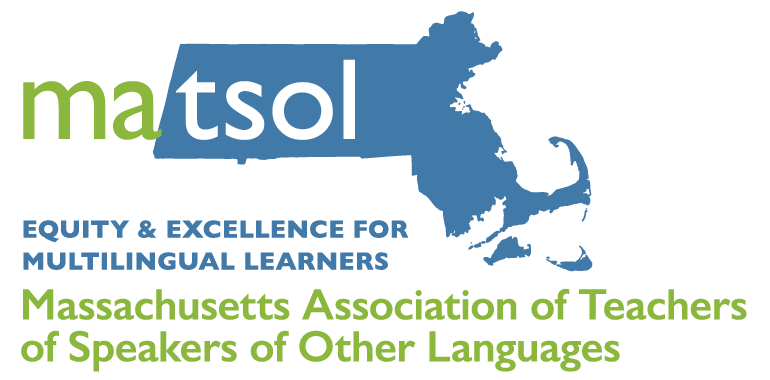The updated Seal of Biliteracy Pathway Awards TOOLKIT is now available! The revisions were made as a result of the feedback from the Seal of Biliteracy Pilot Project. The Seal of Biliteracy Workgroup will consider revisions of the current draft in February 2017 and at the end of the Year 2 Pilot during Summer 2017.
The TOOLKT can be viewed and downloaded on the Language Opportunity Coalition website.
Schools and Districts willing to be part of the 2016-2017 Pilot should follow the following Pilot Implementation criteria:
- Participate in the Seal of Biliteracy Workgroup monthly electronic meetings (last Monday of the month, 7 - 8 pm), a project of the Language Opportunity Coalition,
- Mention and give credit to the tools and resources developed by the Language Opportunity Coalition,
- Agree to follow the required criteria for the specific awards as outlined in the “Toolkit”,
- Document and submit the number of students receiving the Pathway Awards, and include a list of the languages and language learning programs,
- Document and submit the standardized assessment and portfolio process used for assessing English and the second language, and
- Ask questions when they arise in the process and participate in the resolution of questions from others.
- Contribute to sharing examples of practice for implementing the pilot at the monthly Workgroup meetings.
The standard criteria agreed upon for the Seal of Biliteracy Pathway Awards Pilot must include passing the state standardized assessment for English (MCAS, ACCESS) and passing a standardized assessment in the non-English language at an intermediate proficiency level (or higher). A portfolio with examples of language performance of different language competencies is an appropriate alternative formative assessment for assessing proficiency levels. For ELLs, a specific criteria districts/schools may want to consider determining proficiency in the non-English language is the student’s school attendance/history in his/her country of origin. Some districts/schools have additional criteria asking students to demonstrate actual use of two languages, thus strengthening recognition of additional aspects of biliteracy.
This Toolkit was developed by the Language Opportunity Coalition's Seal of Biliteracy Working Group, a group of Massachusetts educators from one-way immersion, two-way immersion, bilingual, English language development, and world language programs, it is intended to support District/School Leaders responsible for implementing Seal of Biliteracy pilot programs.
